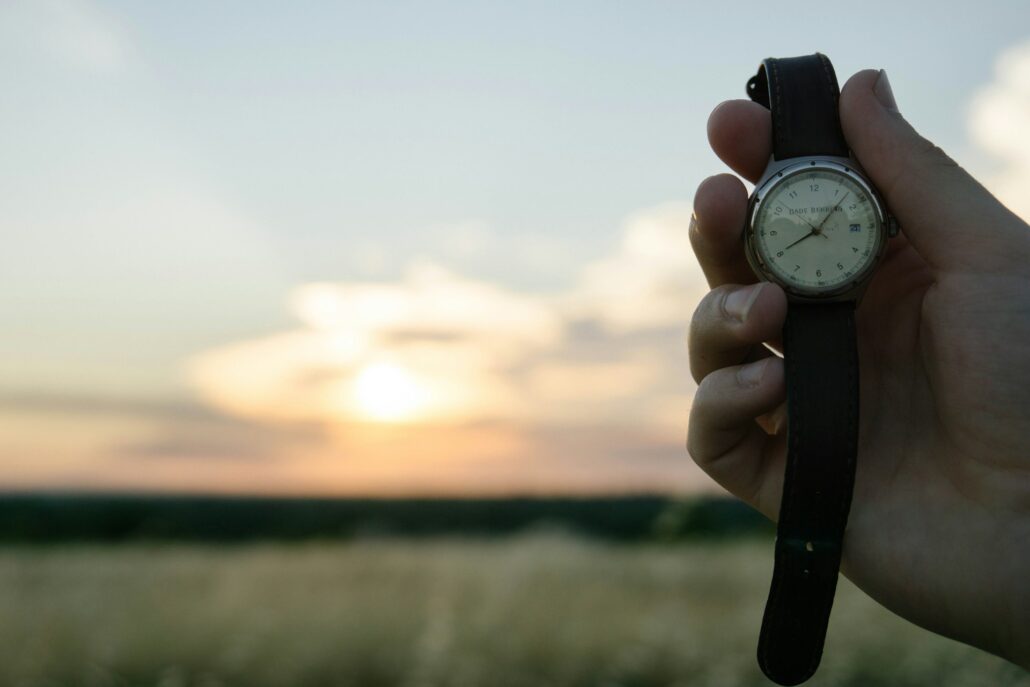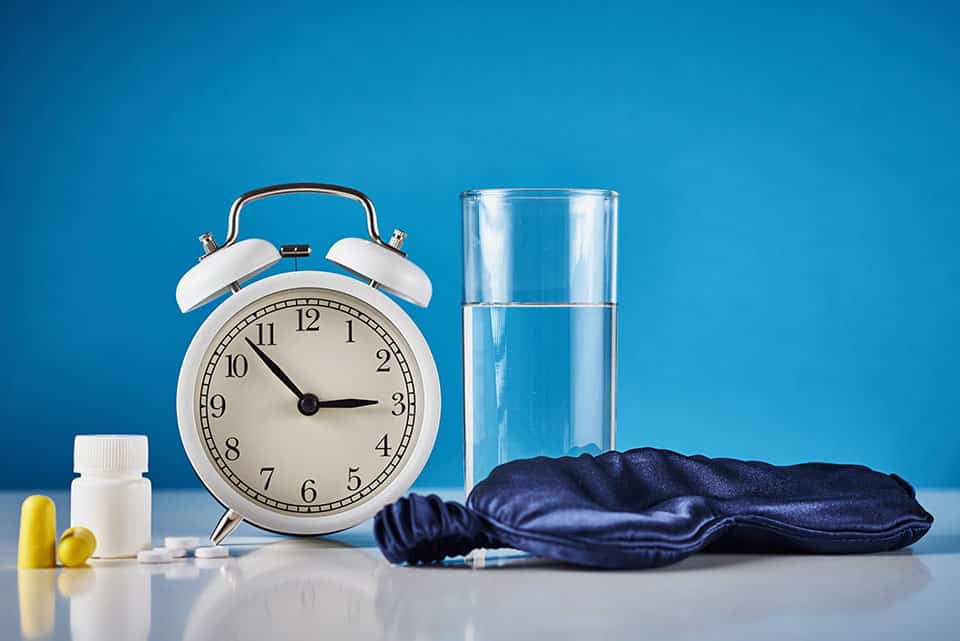Spurred by the Centers for Disease Control’s confirmation in March 2013 that insufficient sleep is a public health epidemic, the Better Sleep Council set off to prevent a “Sleepocalypse.” Focusing on preventive sleep-health measures all Americans can take, the nonprofit research and education group identified gaps in what people SAY and what they DO when it comes to getting a good night’s rest. It was also evident that Americans are not aware of the mental and physical consequences of sleep deprivation.
Overall Findings and Statistics:
Americans know they’re sleep deprived, and they’re doing little to change that.
- Half of Americans (48%) say they don’t get enough sleep, but less than half of them take any one specific action to help them get better sleep
- More women feel that they are not getting enough sleep (53%) than men (44%)
- Adults 35 to 54 years old feel more sleep-deprived (52%) than other adults (44% for adults 18 to 34, and 42% for adults 55 and older)
- Women are more in tune to sleep needs, yet suffer more from lack of sleep than men
- Women try to get better sleep by focusing on the comfort of their sleep area. 50% of women use a comfortable mattress and bedding to aid sleep, compared to less than 40% of men.
- Almost half (47%) of adults who do get enough sleep use a comfortable mattress. They also tend to have a consistent bedtime and wake-up time schedule (25% vs. 19% for those who feel they do not get enough sleep).
- Men are more ignorant to the effects of sleep deprivation
- 45% of men believe we can train ourselves to need less sleep, a myth that has been proven false through various studies
So how do we deal with sleepiness?
- Close to one-third of adults (31%) always turn to coffee or caffeinated beverages as their way to make up for lost sleep
- Less than one-quarter of adults always use healthy methods like naps, breaks and going for walks to deal with sleepiness
Serious health issues related to sleep deprivation are documented, yet most people are skeptical of the connection.
- Almost 80% of Americans agree that a lack of sleep causes problems like difficulty concentrating and increased stress
- Yet while recent studies show that a lack of quality sleep contributes to serious medical issues, less than 30% of adults strongly agree that lack of sleep contributes to memory loss (29%), heart disease (23%), strokes (22%) and diabetes (20%)
When asked what happens when they’re sleep-deprived, many Americans reported out-of-the-ordinary behavior:
- “It’s like drunk driving”
- “Hallucinations, madness, death”
- “Just being plain mean to the world … I’m so cranky and unpleasant when I do not get enough sleep. My mind is sluggish and I feel worthless.”
- “My moods get more volatile when I’m sleep-deprived, and I swing rapidly between snappish and giddy, which is exhausting in and of itself”
- “Makes a zombie out of you”
- “I get bags under my eyes when I don’t get enough sleep”
Survey Details: Conducted in April 2013 with a statistically representative sample of U.S. adults (18+); a sample size of 1,000 yields a confidence interval of 95% +/- 3%.



